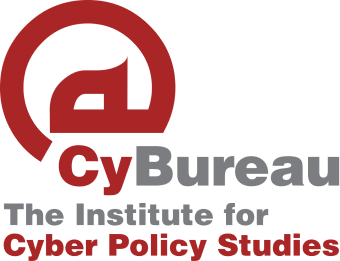Legislation to prevent the use of the Internet for the purposes of crime in Lebanon and the UAE
On February 16th, it was reported that the Federal National Council (FNC) of the UAE has approved a bill that aims to fight cyber crime. The purpose of the law, including changes in federal Law No. 5 of 2012 regarding combating cyber crime, is to “stop people using false computer network addresses with criminal intent.”
In existing law, IP address spoofing is considered a crime which punishment includes prison time ranging from 24 hours to three years, and a fine of up to half a million Dirham. However, the revised law includes significantly more severe sentencing – punishment of up to 15 years in prison and up to a 2 million Dirham fine, with reference to the use of this method for the purposes of crime detection or prevention.
The use of spoof IP addresses allows an attacker to disguise their identity and “hijack browsers”, or gain access to a network. A hacker obtains the IP address from a legitimate provider, and diguises their location information in a way that the provider appears to be the source.
Such an attack was launched against several companies and their employees in the UAE in December 2015. The “phishing” attack involved emails allegedly sent by the Dubai Police, which included terror alerts and security updates, in an effort to trick the recipient into opening the message. Attempts at authenticity went so far as to “sign” the emails from the Director General of Gecurity in the UAE. Additionally, there were reports that Dubai had launched a number of sites advertising jobs ostensibly with government agencies, but with registration fee of 40-136 USD that demanded credit card information, which may then be stolen by those sites’ owners.
Lebanon also faces legal issues concerning cyber security. On March 9th the Lebanese Telecommunications Minister announced the beginning of operations against “illegal Internet providers”. “This action is intended against those who extend internet services by illegal means”, which led the Minister to submit complaints to the Attorney General. The Chairman of the parliamentary Media and Communications Committee said that a number of companies have installed significant equipment in several regions, enabling them to access the internet abroad and provide illegal internet services. The spokesman warned that these actions threaten the security of the state, due to the possibility of Israeli infiltration through them.
It was also reported that many parts of the country are “governed” by unauthorized ISPs, probably due to Lebanon’s poor internet infrastructure. A survey of web speed was published in June 2011 which stated that Lebanon has lowest the download and upload speeds in the world.
This post is also available in:
עברית

